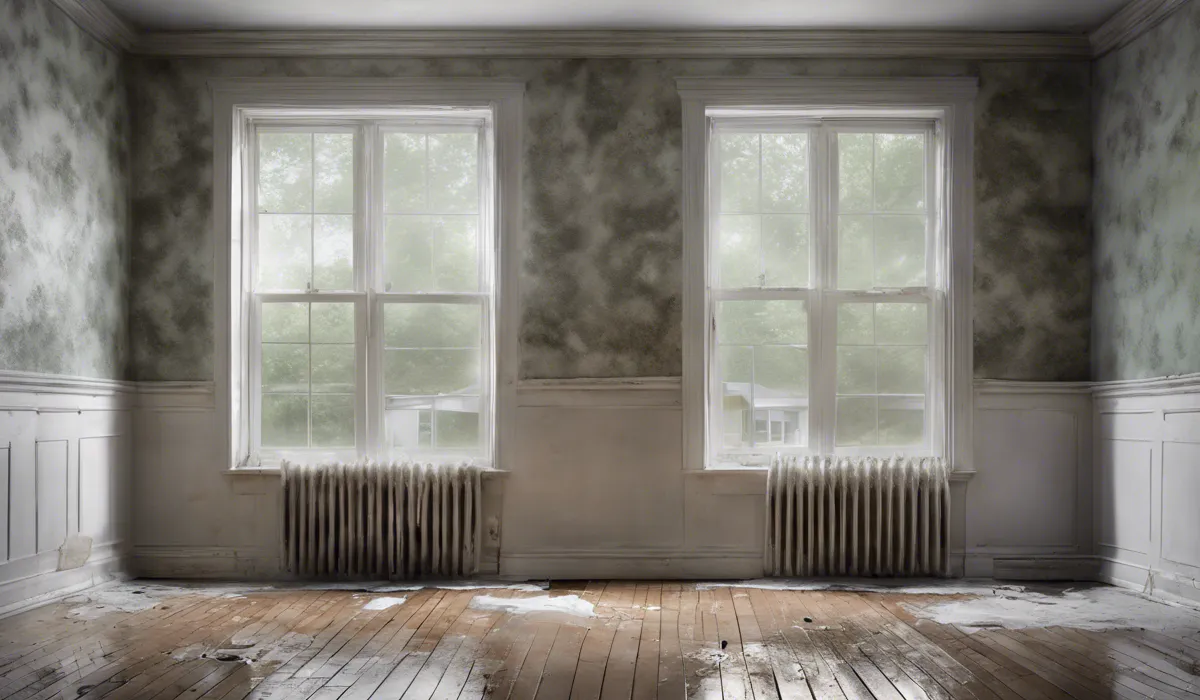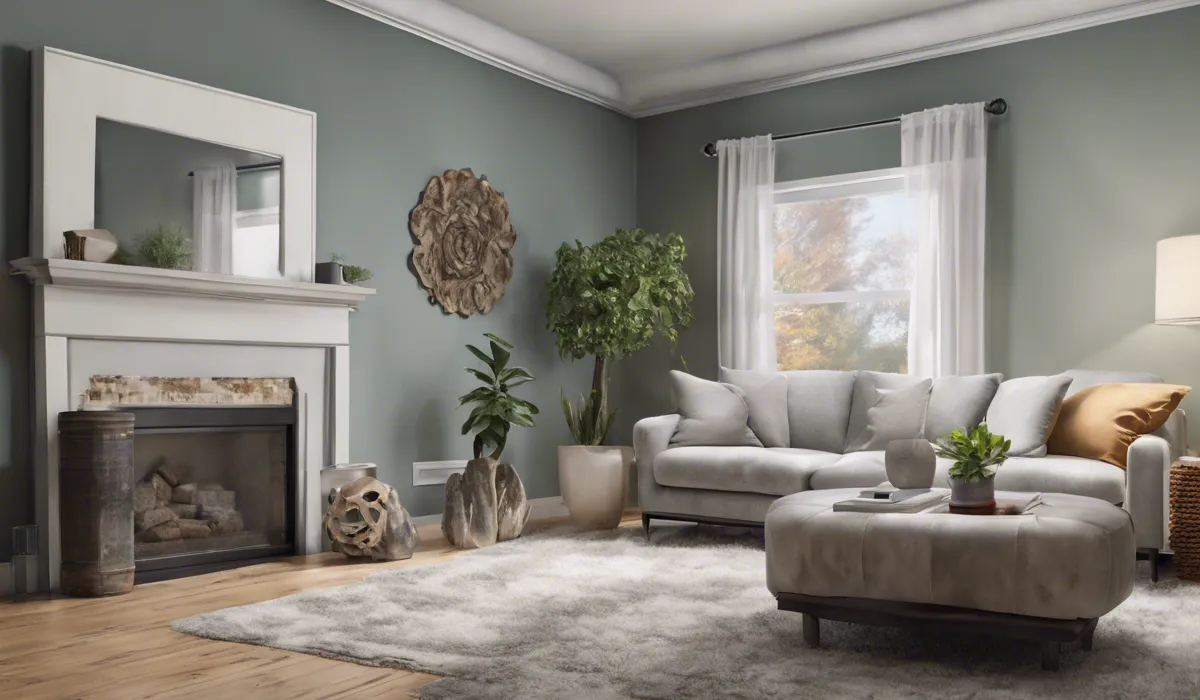As a renter facing mold issues, you have the right to a habitable living space, which includes being free from hazardous mold.
You can request your landlord to address and remediate the mold. If unresolved, you may have the right to withhold rent or terminate your lease, depending on local laws. Always document mold issues and communications with your landlord.
Understanding Your Rights as a Renter When Dealing with Mold

Landlords’ Legal Obligation for Habitable Housing
As a renter, you have the right to live in a space that is safe and healthy. This means your landlord must fix serious problems like mold.
Mold can harm your health, so it is part of your landlord’s job to keep it out of your home.
State-Specific Tenant Rights Concerning Mold
Every state has its own rules about mold in rental homes. You should check your state’s laws to know your rights and what your landlord should do about mold.
Some places might have strict rules, while others do not. Knowing your state’s laws can help you talk to your landlord about fixing the mold.
The Implied Warranty of Habitability
When you rent a home, there is a promise called the “implied warranty of habitability.” This promise means your home must be fit to live in.
Mold can make a home unhealthy, so this promise is important when you are dealing with mold.
Local Health Ordinances and Mold
Your city or county might have special rules, called ordinances, to protect you from mold. These rules say what should happen if there is mold in your home.
You can ask your local health department about these rules if you have mold where you live.
Rent Withholding and Other Remedies
If your landlord does not fix the mold, you might be able to hold back your rent or pay to fix it yourself and subtract that cost from your rent. These options depend on your state’s laws, so it is important to know what you are allowed to do.
Steps to Take When You Discover Mold in Your Rental Property

Documenting the Mold
If you find mold, take pictures and write down where it is and how much there is. This information is proof that can help you show your landlord and others the problem you are facing.
Reporting the Mold to Your Landlord
Once you find mold, tell your landlord right away. It is best to do this in writing, like an email or letter. This way, you have a record that you told them about the mold.
Getting a Professional Mold Assessment
An expert can look at the mold and tell you how bad it is. This person is called a mold assessor. Their opinion can help you convince your landlord to fix the problem.
Requesting Repairs for Mold
Ask your landlord to fix the mold. Give them a deadline to get it done. It is important to be clear and reasonable when you ask for this.
Involving Housing Authorities
If your landlord does not fix the mold, you might need to tell your local housing department. They can make your landlord solve the problem.
Legal Recourse if Your Landlord Fails to Address Mold Issues

Filing a Complaint with Housing Agencies
If your landlord ignores the mold, you can complain to your local housing agency or health department. They can help make your landlord fix the mold.
Legal Actions: Rent Withholding and Court Lawsuits
You might have the right to keep your rent until the mold is fixed, or even take your landlord to court. A judge can order your landlord to solve the mold issue and maybe pay you for any harm the mold caused.
Constructive Eviction Claim
If your home is too moldy to live in, you might be able to move out without paying more rent. This is called “constructive eviction.” You would need to show that the mold made your home unlivable.
Compensation for Health and Property Damage
Mold can make you sick and ruin your things. You can ask for money to cover health care or to replace damaged items. This is part of what you can ask for if you go to court.
Consulting with a Tenant’s Rights Lawyer
If you need help with your mold problem, you can talk to a lawyer who knows about renters’ rights.
This person can advise you on what to do. If you cannot afford a lawyer, look for a legal aid society for free or low-cost help.
FAQs About Renter Rights with Mold
What are my rights if I find mold in my rental property?
As a renter, you have the right to a habitable living environment, which means your landlord is responsible for addressing and remediating hazardous mold in your rental property.
Can I request my landlord to remove the mold?
Yes, you can and should request that your landlord takes action to remove the mold and remediate the problem to ensure the space is safe and livable.
What can I do if my landlord doesn’t resolve the mold issue?
If the mold issue is not resolved, you may have the right to withhold rent or terminate your lease, but this depends on local tenant laws, so it’s important to consult with an attorney or local tenant rights organization.
Should I document the mold issues in my rental property?
Yes, always document any mold issues and your communications with your landlord about the mold, as this documentation can be crucial if legal action or disputes arise.
Is my landlord obligated to pay for my relocation if mold makes my apartment uninhabitable?
Landlord obligations vary by jurisdiction, but some local laws may require landlords to cover the cost of relocation if the rental property is deemed uninhabitable due to mold.
Final Thoughts
Renters have a right to a mold-free living environment, as it’s part of the legal requirement for habitability. You can request mold remediation from your landlord and, if unaddressed, may withhold rent or terminate the lease under certain local laws.
Always thoroughly document mold issues and ensure all landlord communication is recorded for reference.
